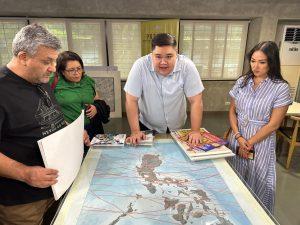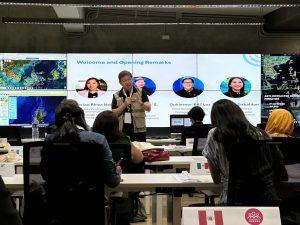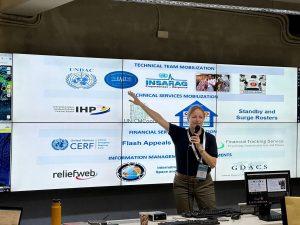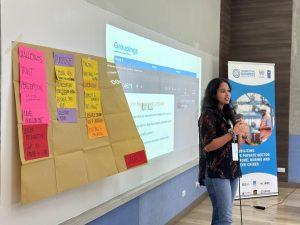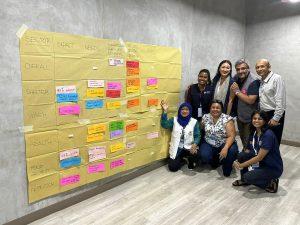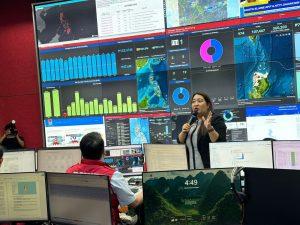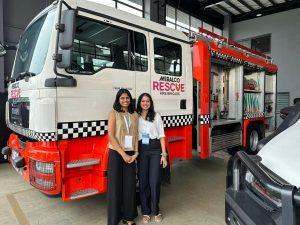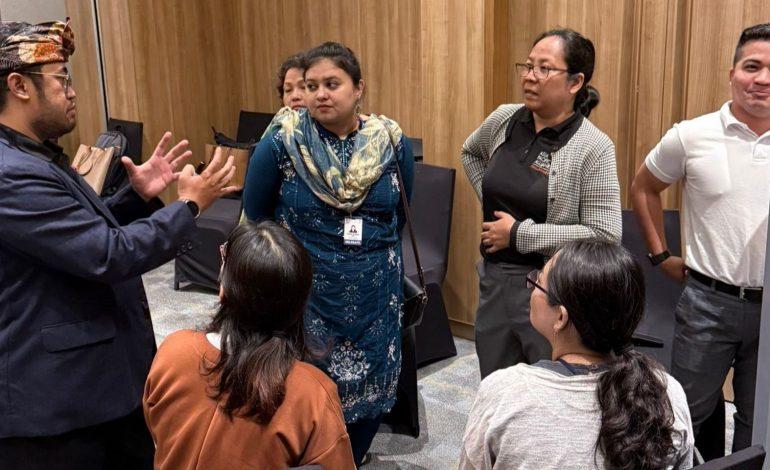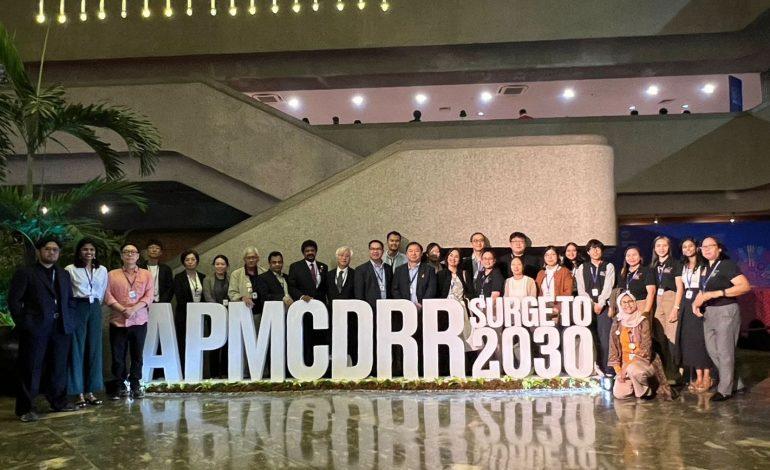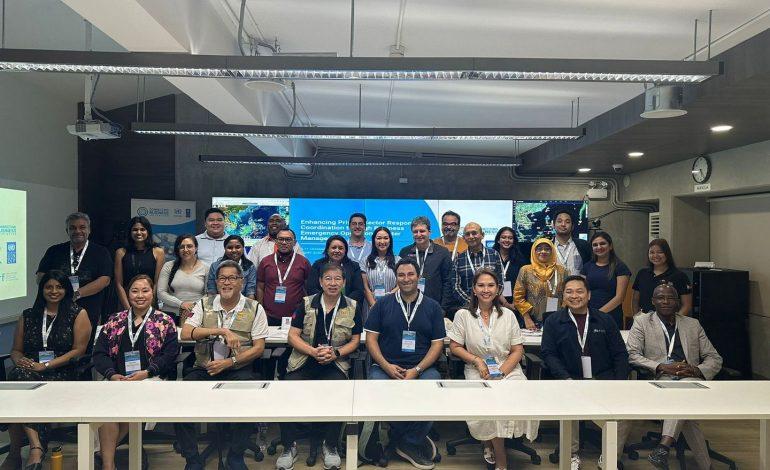
Team A-PAD Sri Lanka Completes Business Emergency Operations Center (BEOC) Management Course in the Philippines
With the increasing scale and complexity of humanitarian crises worldwide, closer collaboration between businesses, governments, and humanitarian agencies has become more critical than ever. The OCHA-UNDP Connecting Business initiative (CBi) aims to transform and strengthen private sector action by working with business network partners. Establishing a Business Emergency Operations Center (BEOC) was identified as a pivotal method for enhancing disaster response capabilities within the business community.
Team A-PAD SL recently had the valuable opportunity to participate in the BEOC Course Programme, organized by CBi in collaboration with the Philippine Disaster Resilience Foundation (PDRF), which hosts Southeast Asia’s first private-sector-led Emergency Operations Center (EOC). This flagship training course was designed to support CBi networks in developing their BEOC capabilities, enhancing their ability to coordinate response efforts with governments and humanitarian agencies during emergencies. A-PAD SL, as a CBi member network, was granted two slots for this exclusive programme.
The programme was delivered in two phases: a series of online sessions followed by an in-person study mission at the PDRF Emergency Operations Center in Clark, Pampanga, Philippines. Held from September 11th to October 11th, 2024, the programme aimed to develop essential competencies for effective private sector coordination during disaster response. It sought to equip CBi member networks with the knowledge and skills to establish their own BEOCs and improve their coordination with various stakeholders.
Introduction to the Philippine Disaster Resilience Foundation (PDRF)
The induction session delved into the establishment of the PDRF, endorsing the importance of private sector engagement in disaster management. Formally integrated in national disaster management efforts, the PDRF is well-equipped to carry out disaster preparedness, coordination of relief efforts, and resource management during major crises.
One key observation was the commendable strength of the public-private partnerships that the Philippine Disaster Resilience Foundation (PDRF) has built with both sectors. The meetings throughout the program highlighted PDRF’s close collaboration with government agencies, private sector, and humanitarian agencies, with communication described as being just “one phone call away.” It was impressive to see all stakeholders, from public officials to private sector leaders, communicating in a common technical language and coordinating effectively in disaster preparedness. The CBi team emphasized the importance of connecting all platforms with the UN system to enhance their impact.
Business Emergency Operations Center (BEOC) Management Course
The programme featured a mix of lectures and facilitated discussions, as well as group work activities designed as tabletop exercises. Over the week, participants actively engaged in knowledge-sharing and brainstorming sessions to come up with innovative ideas for BEOCs, and drew sample proposals to establish an BEOC.
The sessions highlighted the necessity for timely data, equitable distribution of relief, and the private sector’s need for comprehensive information beyond just weather forecasts. Participants learned that BEOC is essential to ensure accountability and foster trust among partners, enabling timely sharing of critical information.
BEOC as an Integral Component of DRR Efforts
The team also engaged in many field visits to gain a solid idea on the operations of partners of PDRF. They visited Manila Electric Railroad and Light Company (MERALCO) and the Department of Social Welfare and Development (DSWD) in the Philippines to observe the set-up of a fully functional EOC.
The delegation also met with the UN Resident Coordinator to the Philippines, Mr. Gustavo Gonzales, who highlighted the role of Disaster Risk Reduction (DRR) across all SDG sectors and recognized philanthropy, business engagement, and leadership as the key elements of its success. He further explained that businesses play an essential role during crises—not only in protecting lives but also in safeguarding assets and preserving value chains, which are crucial for reactivating local economies. Leadership, he added, is vital because private sector actors need to dedicate time and resources to DRR.
At the end of the training program, Team A-PAD SL developed and presented their own action plan for establishing an BEOC based on Sri Lanka’s context. This experience proved to be insightful, equipping the team with practical strategies and valuable knowledge to enhance their disaster response capabilities. The lessons learned will be instrumental as A-PAD SL moves forward, fostering stronger partnerships and improving coordination within the private sector and beyond, ultimately contributing to a more resilient disaster management framework in Sri Lanka.
